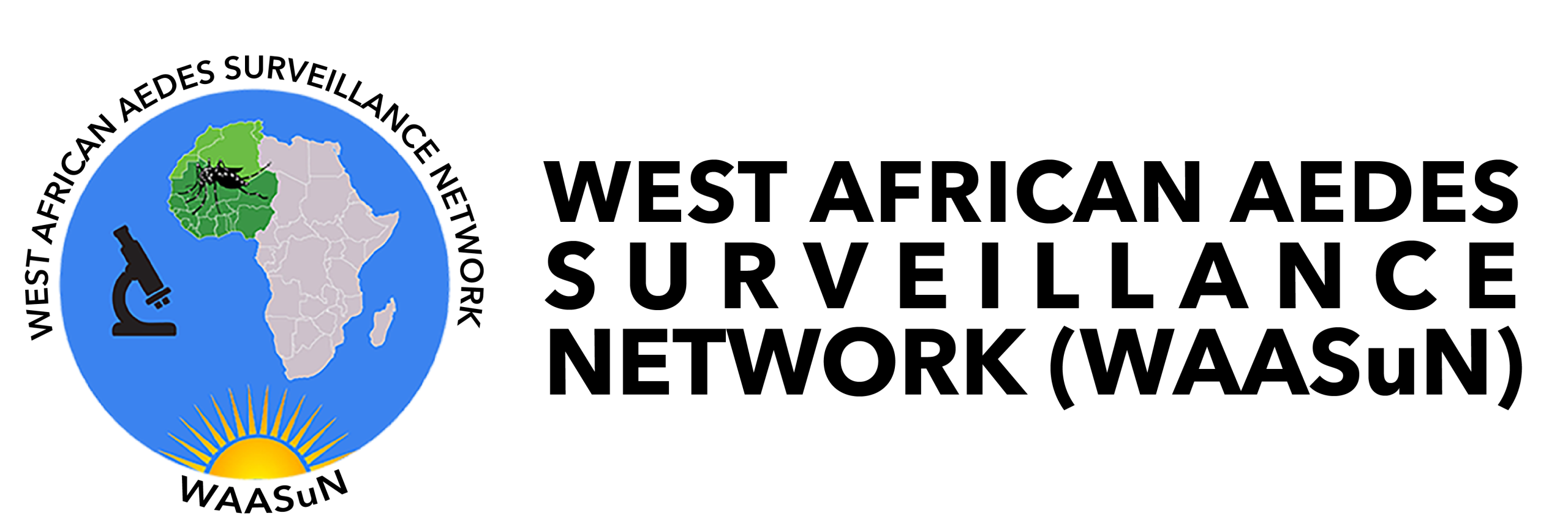It seems we can’t find what you’re looking for. Perhaps searching can help.
What are you looking for?
Nothing Found

Let us know you to agree to cookies.
We use cookies to provide you the best online experience. Please let us know if you agree with our Privacy policy.
